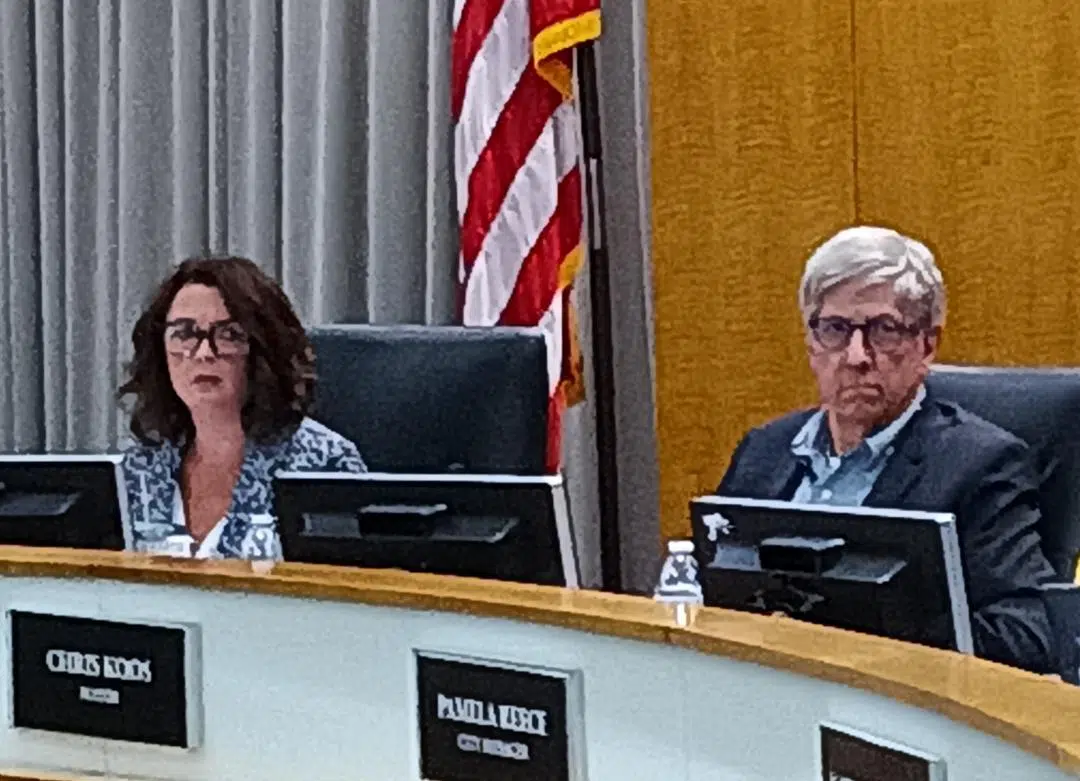Catherine Cannon left signed petitions and other completed documents typically filed with such petitions outside the Normal Town Clerk’s Office on November 28th after 5:00 p.m. In a declaration Cannon made it clear that her intent was to run as a write in candidate for Normal Trustee.
Michael Kasper, an attorney hired by the Town of Normal to review petition submissions, rejected Cannon’s packet. Kasper is a renowned attorney who counts among his clients Michael Madigan. Kasper rejected the packet on the grounds that it was not in “apparent conformity” with provisions in the Illinois Election Code.
However, there appears to be a problem. Normal doesn’t have an “apparent conformity” policy to comply with. Normal Town Clerk Angie Huonker stated that in an email as recently as August 8th. Yet in a letter to Cannon, Kasper wrote, “The Town has an affirmative duty to determine if nomination papers filed with it are “in apparent conformity.”
Comes Now, Candidates Amy Conklin, Charles Sila, and Robert Shoraga
Many times petition packets are received and filed that may not be “in apparent conformity” with the election code. Typically, unless someone objects to the petitions being filed these packets are considered good and the election process goes forward.
When someone does object there is a described process to go through. We have seen that play out three times during the last year in McLean County.
In this case no one objected to the packet. Therefore there is no Objector to appear before the Normal Election Board and no hearing for Cannon. If things stay as they are Kasper’s word will stand.
Kasper’s letter may violate Cannon’s right to due process. It is not clear that Kasper has the power to decide Cannon doesn’t qualify to be a Write-In candidate.
The roots of due process can be traced all the way back to the Magna Carta in 1215 in the phrase “the law of the land.” The phrase over time became “due process of the law” as enshrined in the fifth amendment of our Constitution. Rights to due process in state proceedings are covered in the 14th Amendment.
This idea of “the rule of law” makes sure that a person’s liberty is not taken by the government without use of a preexisting law. This means in cases like this there must be an existing policy in place before anyone can suffer a loss.







